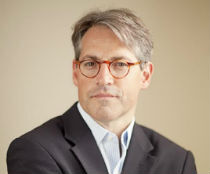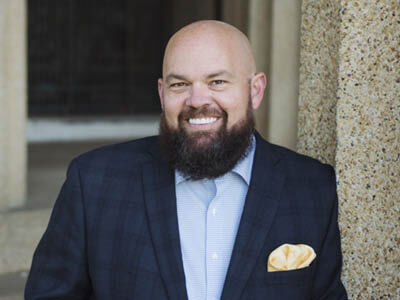Most states with National Guard troops in DC plan to withdraw this fall
News > Politics & Government News

Audio By Carbonatix
6:18 PM on Thursday, October 9
By GARY FIELDS
WASHINGTON (AP) — More than half the states contributing National Guard troops to President Donald Trump's federal law enforcement initiative in Washington have set target dates for their withdrawal later this fall, state officials told The Associated Press.
The dates, in late October and November, could be extended, and it is not immediately clear when the other three states will remove their troops. But the planned withdrawals signal that the surge of troops into the nation's capital may head toward a drawdown or a change in scope.
The plans by the contributing states come as Trump takes his push to send the military to other American cities, including Chicago and Portland, Oregon, which have each pushed back with legal action to try to stop any deployment.
The National Guard was activated in D.C. in August after Trump issued an executive order proclaiming an emergency over what the Republican president said were crime concerns. The order placed the local police department under the president’s authority for 30 days and then lapsed when Congress did not renew it.
But roughly 2,300 Guard members from eight states, as well as D.C., and hundreds of federal law enforcement officers remained in the city. According to official figures, more than 4,000 people have been arrested as part of the campaign since August.
Authorities in Georgia, Mississippi, South Carolina, Ohio and West Virginia all told The Associated Press they had a planned end date for their deployments. The other states with troops in D.C. — Alabama, Louisiana and South Dakota — did not respond to requests seeking information.
South Carolina, which initially sent 200 troops and now has about 40, said it plans to withdraw by the end of October, according to Maj. Karla Evans, South Carolina Guard spokesperson.
Ohio, Georgia, Mississippi and West Virginia said they planned to remove their troops by Nov. 30.
The five states together make up more than 80% of the 1,300 out-of-state troops deployed to D.C. The D.C. National Guard deployment is made up of around 1,000 forces and has had its orders extended at least through December.
Asked about the planned withdrawals, White House spokesperson Abigail Jackson said Trump's law enforcement campaign in the capital had led to a reduction in crime. “These are undeniable positive results that everyone can celebrate.”
Trump has heralded his crime-fighting campaign in the nation’s capital as a resounding success. And data shows crime has decreased during that time, although rates were already falling before. But the lingering presence of the National Guard in Washington, D.C., has raised questions about Trump’s endgame for the deployments.
The Guard troops have patrolled transit hubs and tourist sites and as the deployment has dragged on, have become a fixture of the city's urban scenery at parks and in neighborhoods. Their presence, at times armed, has been enough to unnerve residents, although no violent incidents have been reported. They also have picked up trash and in the case of the D.C. Guard, run an initiative that has done everything from help package meals for.
The news of a planned drawdown could be a relief for some residents, who have seen the unprecedented military deployment as increasingly normalized.
“This is not normal,” said Joseph Johnson, a local elected official who chairs a neighborhood advisory commission. “We know this should never have happened in the first place.”
A lawsuit brought by D.C.'s attorney general is challenging the deployment, with a hearing scheduled for Oct. 24.
D.C. Mayor Muriel Bowser’s office declined to comment. Bowser has said on several occasions that National Guard deployed from other states “has not been an efficient use of those resources.”
Some, however, said since the deployment was unavoidable, they tried to take advantage of it, especially with the D.C. Guard members running an initiative that has included cleaning neighborhoods and removing graffiti, as well as working with local food banks to package food and helping to revitalize a recreation center.
“They have no guns. They have no rifles, and they are truly doing what we have asked them to do to come and be a part of our community clean up,” Johnson said.
His fellow neighborhood advisory commissioner, Marcus Hickman, welcomed the additional help when the D.C. Guard emailed commissioners and asked if there were any needs. It allowed community members to work side by side with the guard members. Other plans are in the works, including the D.C. Guard joining in a school reading program, he said.
“When someone offers to come and help you clean your house, there is something to be said. A cleaner community is often a safer community.”







